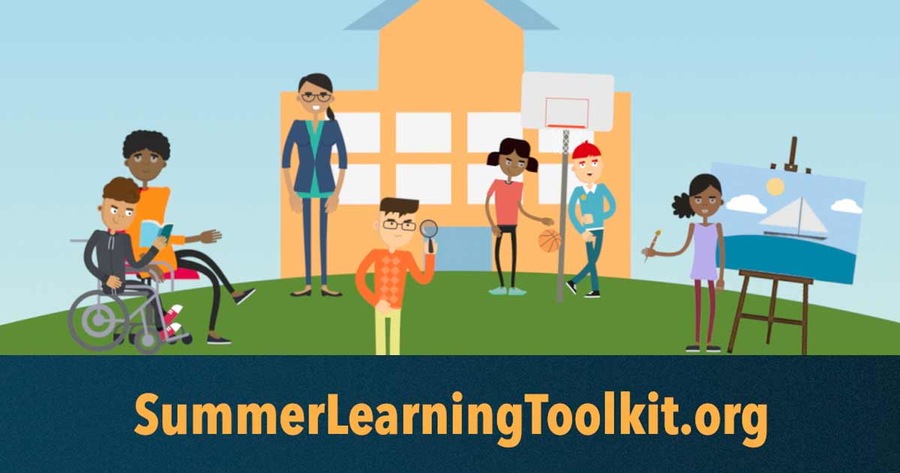The first is a newly updated report by the RAND Corporation—Getting to Work on Summer LearningGetting to Work on Summer Learning—which explains the elements of successful summer programs, offering school districts advice on staffing, recruitment, creating a positive climate and so much more.
The second is the accompanying online Summer Learning Toolkit, which is mapped to RAND's findings. The toolkit features more than 50 practical tools and planning resources to help school districts and their partners design and deliver high-quality summer programs.
The report and toolkit draw on lessons from the National Summer Learning Project, which was launched in 2011. Based on the experiences of five urban school districts, the project examines whether and how districts and their out-of-school partners can offer large-scale, voluntary summer programs that improve academic, social-emotional and behavior outcomes for children.
In prior reports, RAND has found promising evidence that students with high attendance over two consecutive summers outperform their peers in English language arts and math, as well as show stronger social and emotional skills.
"Through this project, we've confirmed that voluntary, district-run summer programs can benefit disadvantaged students," said Ann Stone, a senior research officer at The Wallace Foundation.
"We hope that this research, paired with this toolkit full of practical information and templates, will allow other districts to replicate the most successful aspects of these summer programs."
Some specific recommendations:
- Begin planning for the upcoming summer no later than January.
- Operate the program for five to six weeks with three to four hours of academics each day.
- Establish a firm enrollment deadline and clear attendance policy for students.
- Hire teachers who have grade-level and subject matter experience.
This introductory video can help get you started.
Information and photo courtesy of the Wallace Foundation.




